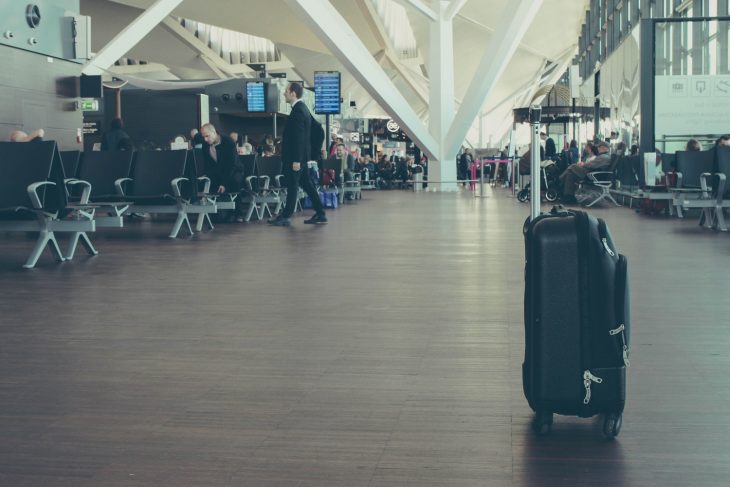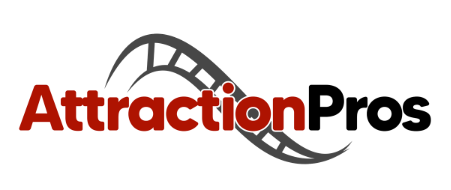
Some Policies are Bad for Customer Service
I recently had the opportunity to fly an airline that charges baggage fees (I try to avoid this by flying Southwest whenever possible). I understand that it is difficult for a for-profit company to turn its back on potential revenue, but charging for bags is a practice that is at best, broken.
Here’s why:
When people don’t want to do something, they often find a way around it or avoid it altogether (by flying another airline, for example!). When people don’t want to pay for their bags, they try to carry-on as much as possible. This leads to overstuffed overhead compartments, which leads to a slower boarding process and cranky travelers.

The airlines know this, so their solution to speed up boarding and save overhead space is to check your carry-on bags at the gate – for free. Savvy travelers have figured this out, so they just bring their luggage to the gate to check it for free.
If this wasn’t enough to want to fix the problem, you now have the rule-abiding flyers who dutifully paid for their bags at the ticket counter or online, seeing other travelers getting to check their bags for free. Why the inconsistency?? Maybe next time they’ll bring their bags through security, too!
This has an impact on the airline employees, too, because now they have to explain why some people have to pay and others don’t. That takes time and causes frustration. Not the best idea for building a customer service culture. I asked a ticket agent about this on my return flight, and he just blankly stared at me and said, “luckily I don’t work the gate very often, so I don’t have to deal with it.” That’s nice.
So why do airlines still charge for bags considering all these negative outcomes? I’ll let you come to your own conclusion, but the bigger question to ask yourself is this:
Does my company have any policies or practices that create such inconsistent service and frustrating situations for my guests and employees?
If you are not sure, just ask your guests and employees. They’ll know.
Matt Heller
Distinguished author, speaker, and industry veteran Matt Heller can sum up what he does in three simple words: Helping Leaders Lead. Matt’s firm, Performance Optimist Consulting, has worked with some of the largest attraction operators in the United States, including Six Flags, Cedar Fair, Universal Studios, Apex Parks Group, and Herschend Family Entertainment, along with countless other parks, zoos, museums, and aquariums. Matt focuses on leadership development, guest service training, eliminating employee burnout, and reducing turnover.
